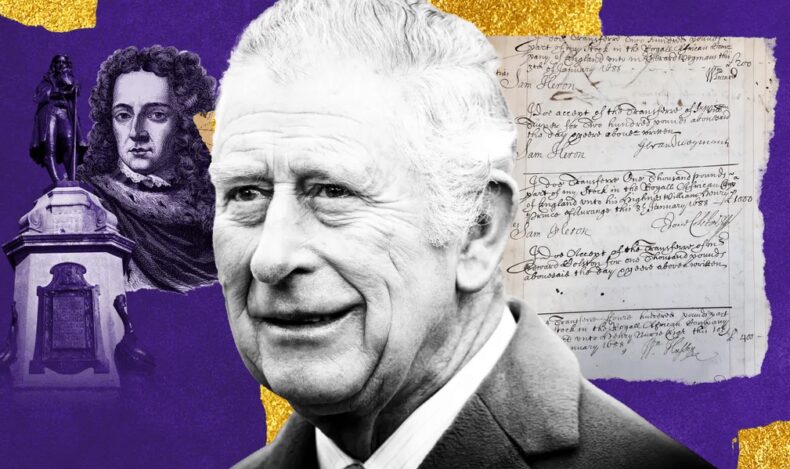Table of Contents
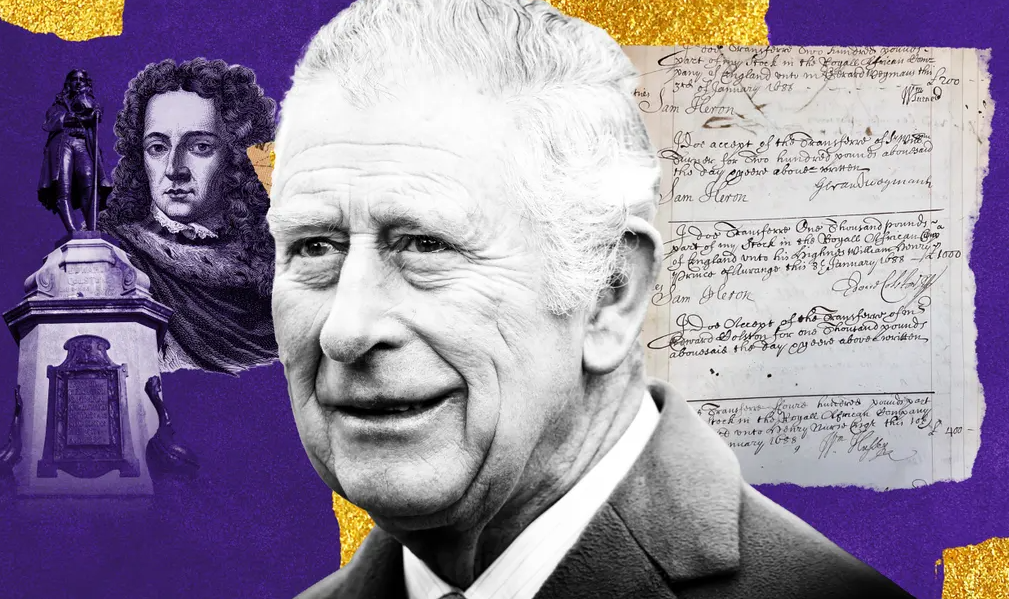
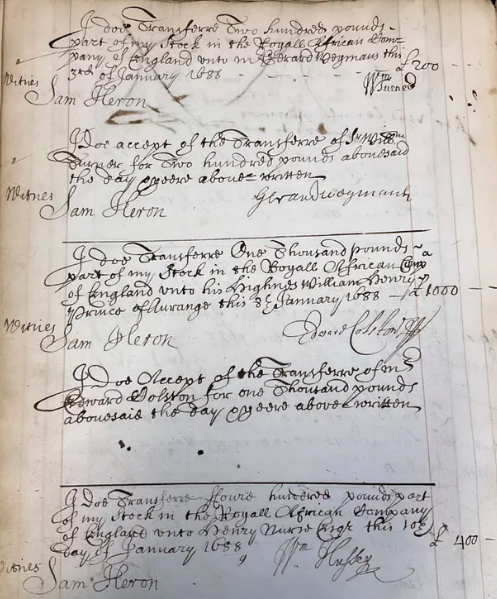
Monarchy’s Complicity With Slavery
After the Guardian presented proof of the royals’ extensive participation in transatlantic commerce, Buckingham Palace released a statement. Following the disclosure of a document revealing the ownership stake of his predecessor in a slave-trading firm, King Charles has publicly indicated for the first time his support for the study into the British monarchy’s historical ties to transatlantic enslavement.
After being approached by the Guardian regarding the lengthy history of succeeding British rulers’ participation and investment in the slavery of African people, Buckingham Palace issued the statement.
The deputy administrator of the slave-trading Royal African Company, Edward Colston, transferred £1,000 worth of shares to King William III in 1689, according to a previously unpublished document released by The Guardian.
Although Buckingham Palace declined to remark on the document, it did state that it backed a study into the monarchy’s complicity in the slave trade that was co-sponsored by Historic Royal Palaces (HRP), which oversees several palaces. Although they warily greeted the palace’s statement, historians who specialise in the monarchy’s centuries-long role in the slavery of African people said much more needed to be done.
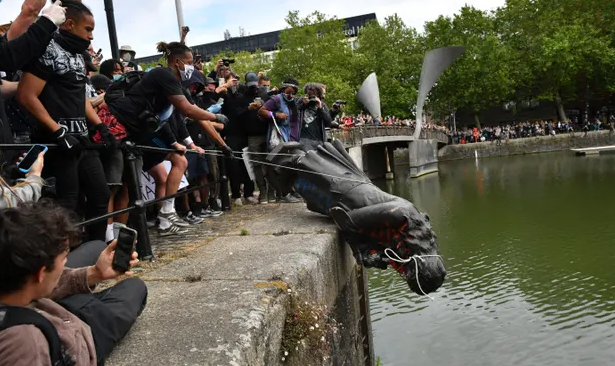
According to reports, this is the first time Buckingham Palace has openly stated that it favours such an investigation into the dark past of the royal family.
Since historians and activists in Bristol questioned his depiction as a benefactor in his native city, Colston has gained notoriety. In 2020, Black Lives Matter protestors toppled his monument and dumped it in Bristol Harbor. Dr. Brooke Newman, a historian at Virginia Commonwealth University, discovered the paper transferring Colston’s portion to William III in the records while conducting research in London in January.
The Queen’s Silence, a novel she is currently working on, examines the British monarchy’s participation in enslavement and ongoing refusal to recognise it. She was hired as an adviser by the Cotton Capital initiative of the Guardian, which looked into the publication’s ties to the enslavement of Africans.
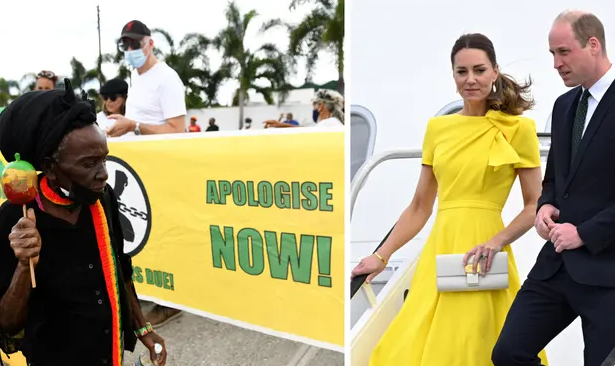
As “clear evidence” of the British monarchy’s prominent role in the slave trade and the significance of enslavement to the monarchy’s riches, she claimed the transfer of Colston to the king.
When touring a former slave fort in Ghana in November 2018, King Charles expressed remorse for the suffering that slavery caused by calling it an “appalling atrocity.” Charles stated that it was important to “acknowledge our past,” including slavery, which he termed the “most painful period,” in his speech to Commonwealth countries in Rwanda last June.
He has been criticised by activists, including those from Caribbean nations where generations of people were held as slaves and made to work on British-owned plantations, for voicing only generalised sadness and failing to specifically acknowledge the monarchy’s part.
The most recent declaration seems to be a move in the direction of that admission and will draw attention to the study the palace has claimed to back. This study is Camilla de Koning’s PhD thesis in history.
The study, which is being supported by the Arts and Humanities Study Council, is being co-supervised by Manchester University’s Dr. Edmond Smith and HRP. De Koning’s study will look into how the monarchs interacted with the kingdom and participated in the slave trade. By 2026, it is expected to be finished.
The vice-chair of the Caricom Reparation Commission, which represents 20 Caribbean nations where people were held as slaves to labour on farms by European powers, Eric Phillips, praised the king’s support for the study but suggested that Charles recognise the monarchy’s participation right away.
The palace’s remark was hailed by historians as a positive development, but more funds needed to be devoted to the problem.
The palace “has acknowledged the importance” of this kind of research, according to Prof. William Pettigrew, the project’s lead investigator. The Register of British Slave Traders project is compiling a thorough account of Britain’s involvement in the transatlantic trade of enslaved African people.







